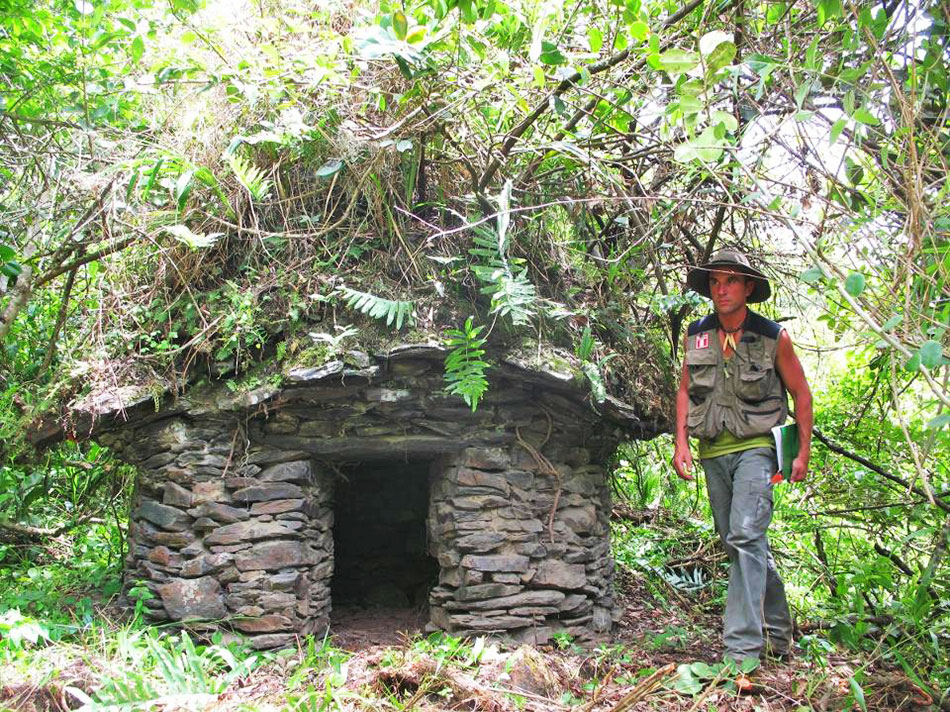

Archived from the original on 18 June 2017. Center for Muslim–Jewish Engagement, University of Southern California. Includes pictures Includes excerpts of medieval accounts In. Were unable to stream this video on this device right. Read 3 reviews from the worlds largest community for readers. Brill's First Encyclopaedia of Islam 1913-1936. Expedition Unknown - S2 E15 Kalahari Deserts Lost City - Discovery GO.
Glassé, Cyril Smith, Huston (January 2003). When he was unable to identify its exact location, however, he turned to the Jet Propulsion Laboratory (JPL) for assistance in applying orbital remote sensing techniques. "And mention the brother of ‘Ad when he warned his people in the sandy plains. Finding the Lost City Nicholas Clapp, a filmmaker and archeology enthusiast, had accumulated extensive information concerning Ubar, the fabled lost city of ancient Arabia. Researchers discovered a lost city off the coast of Cuba and thought it might be Atlantis. Retrieved April 6, 2019, from Some claim these desert ruins are from the legendary "Atlantis of the Sands." The city may have been founded as early as 3000 BCE. It is one of the most mysterious and intriguing legendary lost cities reputed to have once been a magnificent and prosperous trading post. You will see the historical site of Ubar at the town of Shisr, known as The Lost City or Ubar or. What else could be better than a walk on the desert and seeing the setting sun. Brill's First Encyclopaedia of Islam 1913-1936. Atlantis of the Sands (a modern nickname of the fabled city) is also referred to as Ubar by Bedouins (people of the desert) and as Iram in the Qur’an. In the southern part of Oman, on a single day, you will be seeing the largest desert of the World 'Empty Quarter' that spreads across many countries of the Middle East. Archaeologists Bring High-Tech Space Tools to Earth. "The Quranic Arabic Corpus - Quran Search". Quran 89:6–14: Did you not see how your Lord dealt with ’Ȃd- ˹the people˺ of Iram-with ˹their˺ great stature- unmatched in any other land- and Thamûd who carved ˹their homes into˺ the rocks in the ˹Stone˺ Valley- and the Pharaoh of mighty structures?- They all transgressed throughout the land- spreading much corruption there- So your Lord unleashed on them a scourge of punishment- ˹For˺ your Lord is truly vigilant. The reason why only the ruins of the fort have remained can be explained by the fact that people probably lived in tents at the time, and it was not uncommon for a fort to be the only permanent structure of a city. At the deepest end of the sinkhole, a tunnel has been built that leads farther down underground, where the remains of sunken walls can be found. At the beginning of 1990, press-releases in the well-known newspapers of the world declared Fabled Lost Arabian city found, Arabian city of Legend found and. Other parts have sunk lower, but some are still clearly visible. Sections of the fort still stand at the edge of the sinkhole and can be accessed by visitors. 
The fort in Shisr, therefore, literally sank into the desert sands. Furthermore, part of this fort collapsed when a sinkhole formed underneath, and several feet of sand eventually covered all the ruins. The ruins suggest there used to be a fort surrounded by eight walls with a tower at each corner, a description that matches the description of the legendary Ubar in ancient documents. Whether or not the ruins called Ubar in Shisr are actually the remains of the legendary Ubar is contested.Īrchaeological excavations suggest this outpost was involved in the incense trade, meaning it may have been a sizable settlement. The ruins found in Shisr are officially named Ubar. This is fertile ground, where legends and archaeological studies plant their seeds for wild speculations to grow.Īccording to one of these speculations, the ruins of Ubar have been found in the village today known as Shisr in Dhofar Region, Oman. It’s even been dubbed the “Atlantis of the Sands.” Ubar and Atlantis have something else in common, too-there’s no unanimous consensus that either ever even existed.įinding the skeleton of a city that perhaps never existed can be a daunting proposition, but explorers and scholars are well aware of the prestige they could gain should they discover the ruins. Ubar is the Arabian equivalent of Atlantis, except that instead of sinking to the bottom of the sea, legend says it disappeared into the desert sands.






 0 kommentar(er)
0 kommentar(er)
